Children are amused and fascinated by animals – a lot of them even throw tantrums about wanting to take them home! Pets are known to nurture the growth of children in an effective manner. Pet animals for kids can range from the usual ones we know of, to some unique ones, if your child shows affection towards it. Here is some information that can help you make an informed choice.
Top 10 Pets for Children – What’s Perfect for your Child
Here are some pets that are perfect for your child.
1. Dogs

The default choice of pet for every household across the world, dogs, are adored by most.
Advantages
The bond between a child and a dog is very strong – it has also been seen widely among pet lovers across the world. Dogs are gentle and loving, and they can make for good companions both inside and outside the house. Having a dog can push your child to go out and play more, as dogs require a fair amount of exercise as well. Dogs are extremely loyal to their owners.
Disadvantages
Dogs can be high-maintenance pets. They require a good amount of care and training. As playful as they might be, dogs may accidentally bite their owners or people they don’t like.
2. Cats
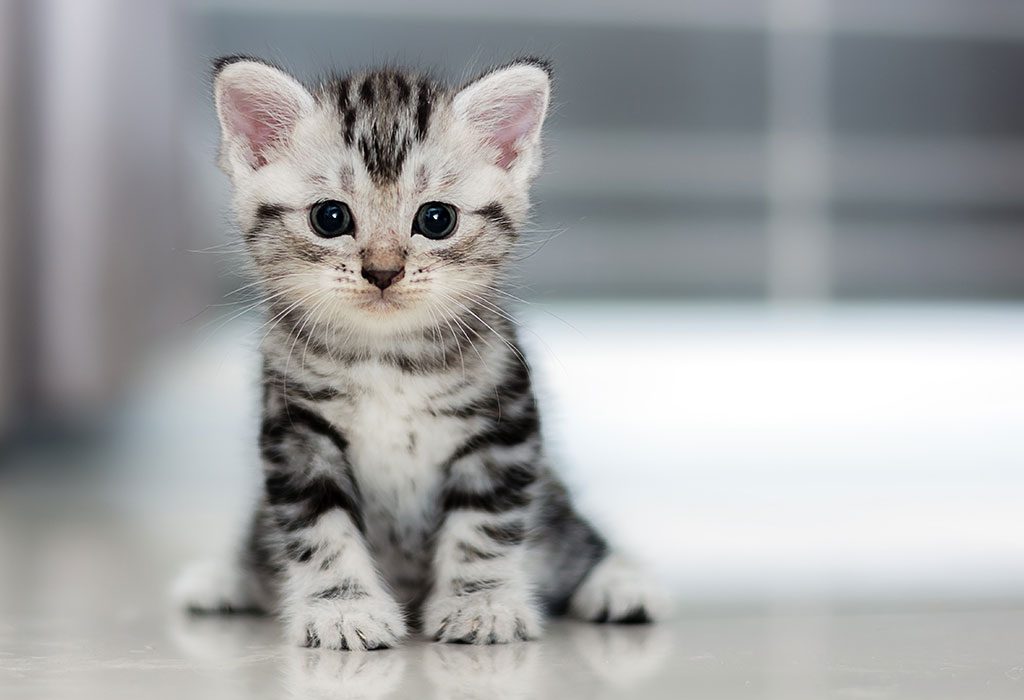
Cats are adorable, and can easily blend in well with the rest of the family.
Advantages
Cats may not be as playful as dogs, but they still make for a good companion if your child wants a pet. Cats require little maintenance – they often take care of themselves.
Disadvantages
Cats are independent creatures – unlike dogs, cats are not always loyal to their owners and may run away from time to time. There is also a higher chance of your child contracting allergies from cats as opposed to dogs. Cats are moody and defensive and can retaliate if disturbed.
3. Birds
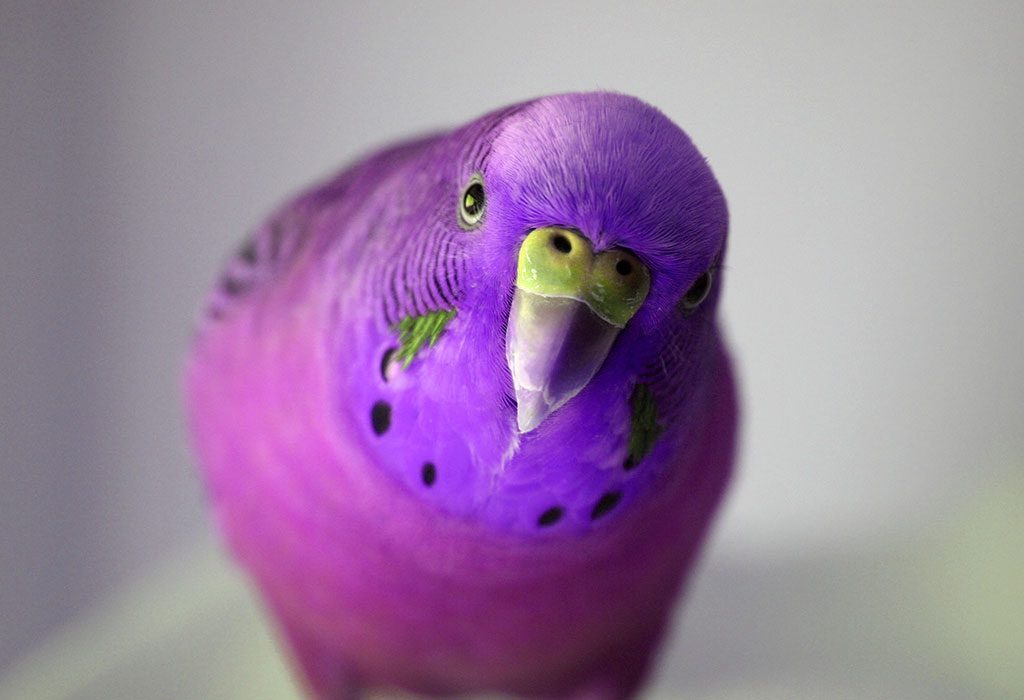
Birds are not only colourful and nice to look at, but they also bring joy into the household through their melodies.
Advantages
Some kids do not like physically touching animals, but enjoy watching them from afar – birds are the perfect companion for such kids. The musical sounds of birds can be a matter of fascination for children, and most birds are non-threatening and can stay in their cages without any trouble.
Disadvantages
Handling and training a bird takes time and patience, and it is important for your kid to have them both. Birds can make quite a mess in their cages, and cleaning their cages is quite a tedious task.
4. Fish
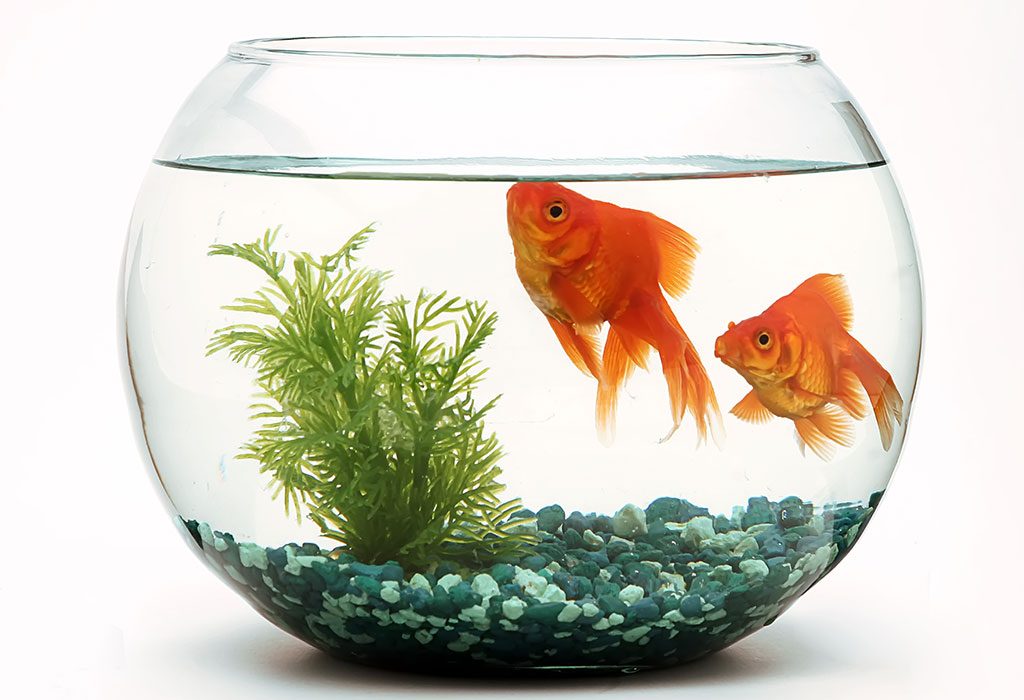
Quiet and calm, fish can add beauty to your home.
Advantages
Certain kids prefer pets that are calmer, so they can observe them quietly. A fish is one of the best pets for toddlers since all it takes is clean water and food at regular intervals. Some brightly-coloured fish can also intrigue your child and entertain him.
Disadvantages
It is important to make sure that you are feeding the right kind of food to your fish, and feeding it in the right quantity is absolutely necessary. Cleaning the container or tank every once in a while is necessary to prevent a build-up of waste and germs.
5. Hamsters
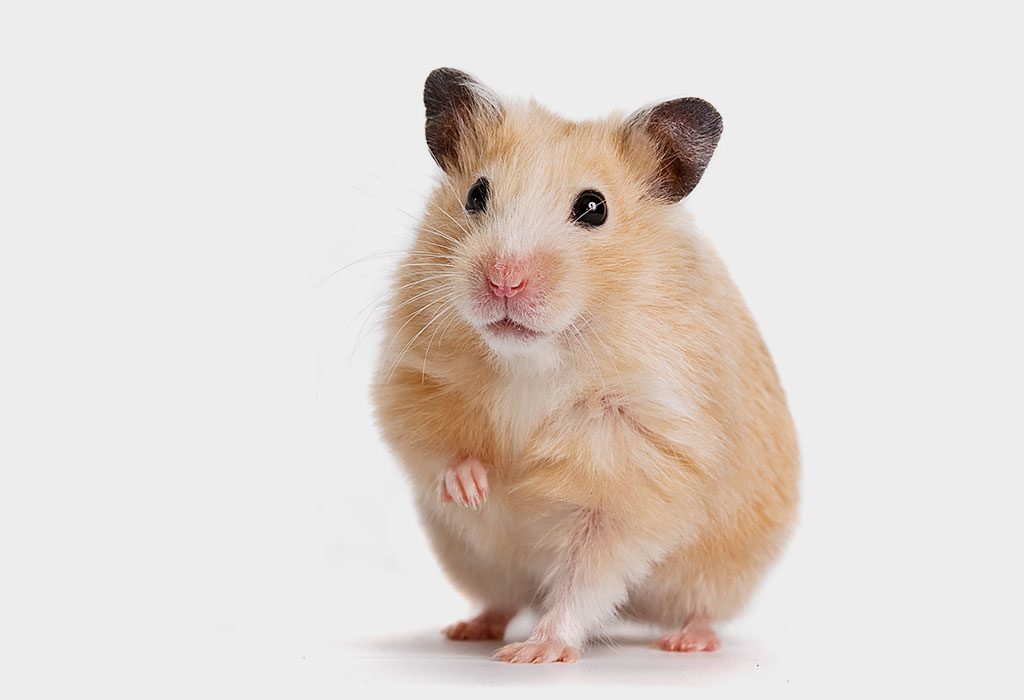
Tiny and entertaining, hamsters rarely run out of energy.
Advantages
Extremely cute at first sight, a hamster makes for a great pet, provided your kid will look after it constantly. Installing a hamster wheel in the pet’s cage is the best way to keep it occupied.
Disadvantages
Hamsters are known to get messy rather quickly, and the smell can be unpleasant to the point of being unbearable. Hamster cages require frequent cleaning and maintenance and skipping out on it usually not an option, owing to the smell.
6. Ants
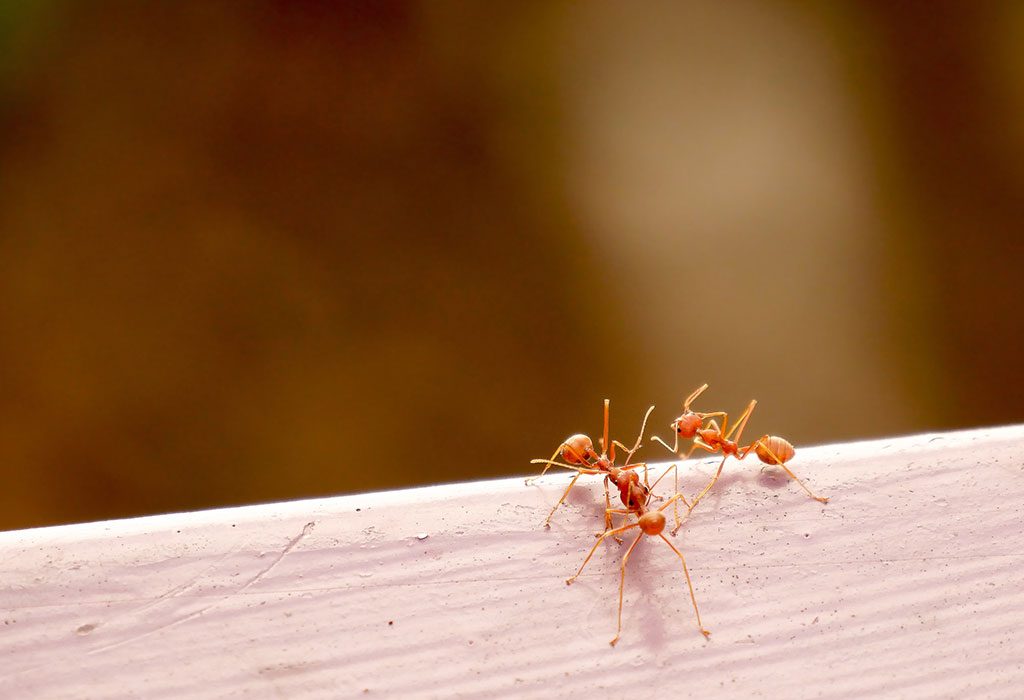
These are less like pets and more of an interesting entity to be observed.
Advantages
Ants are an unusual pet to have, but they are perfect for kids who like to observe animal behaviour without the hassle of taking care of it. Creating a small ant farm and watching the ants as they gather food and create their homes can be interesting.
Disadvantages
Your child might get bored with ants as they lack the human connect a lot of other animals have. Also, you will have to take extra care at all times to make sure the ants do not find their way into your house.
7. Guinea Pigs
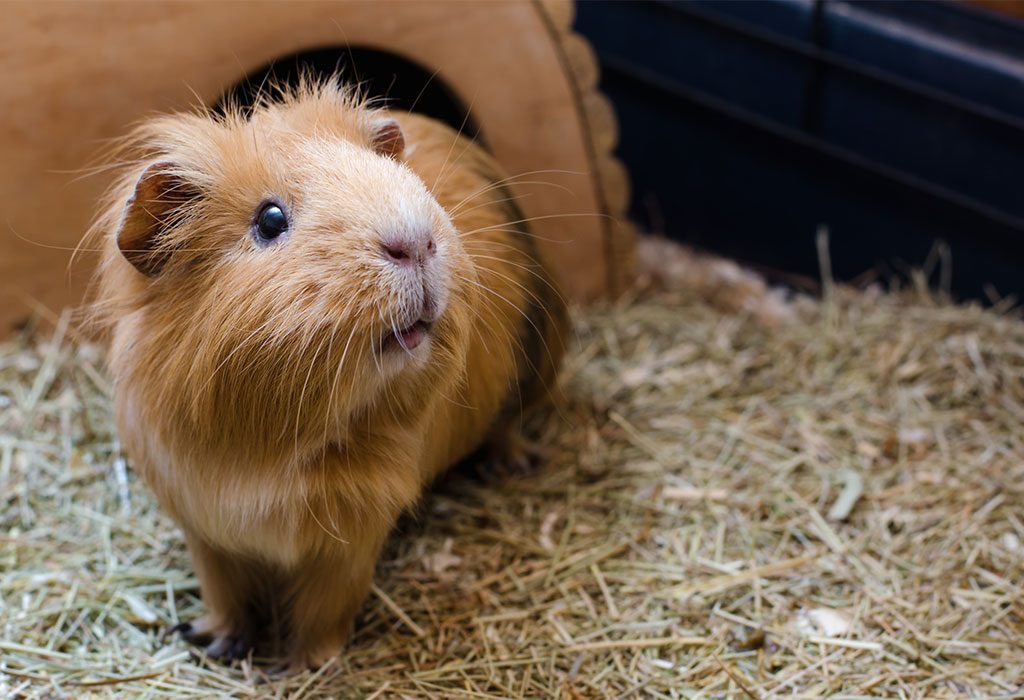
Rather unconventional, but guinea pigs can be found in many households.
Advantages
Guinea pigs can be handled easily since they rarely bite a person. They are smart and respond to a lot of your child’s actions.
Disadvantages
Guinea pigs are generally social and almost always require a companion. They hate tiny spaces and require a large area to live. They largely depend on vitamin C, and hence, require healthy food items constantly.
8. Mice
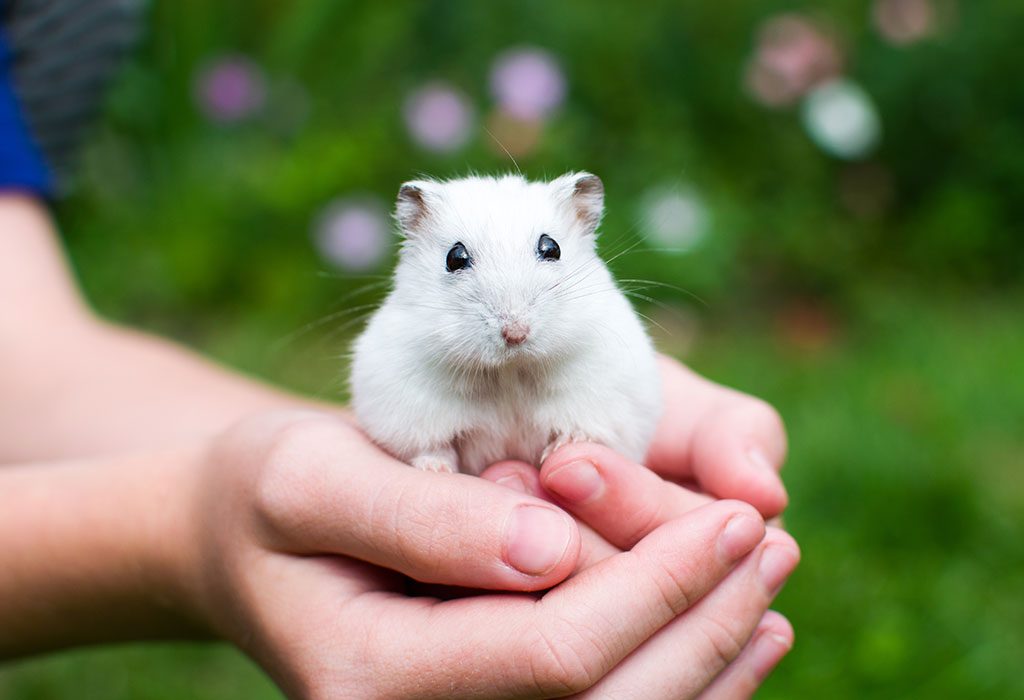
Mice make for good pets as well.
Advantages
Mice do not require a large space to live and can be taken care of easily. Simply put a bunch of female mice together, and watch them lead their happiest lives! Children can easily play with mice as they are easy to train and get entertained easily. A regular rodent diet of food blocks is enough to keep them happy.
Disadvantages
Mice, by their very nature, are agile and skittish, which makes them difficult to get a hold of. It is best to keep them observational pets. Mice are nocturnal creatures, and thus can make sounds and move around through the night.
9. Rabbits
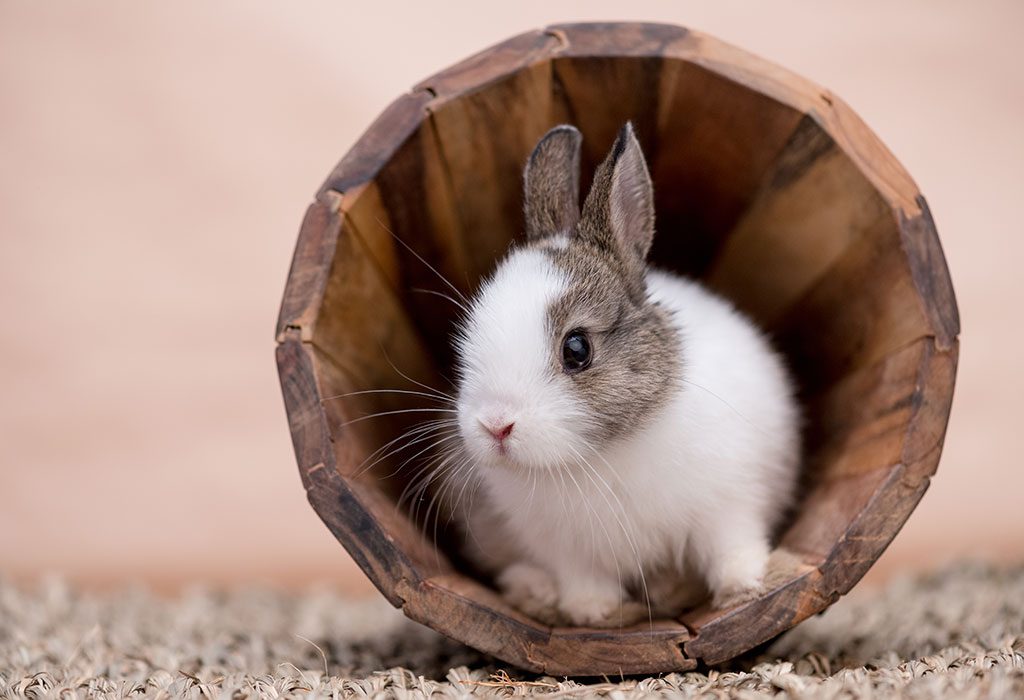
The most adorable pets of them all, after dogs, of course, rabbits are great pets for toddlers.
Advantages
Extremely cute and cuddly, rabbits take their time to get used to human touch. However, once they do, they make great pets. Your kid will have fun carrying the rabbit around the house in his pocket or on his head and the rabbit will mostly stay put, simply observing around.
Disadvantages
Since rabbits are social, they require constant attention. At the same time, they do not like to be constantly held. Their cages also require regular cleaning and unattended rabbits can create quite a mess in the house. Rabbits also multiply terribly quickly, so make sure to get a same-sex pair if you want to get more than one.
10. Turtle
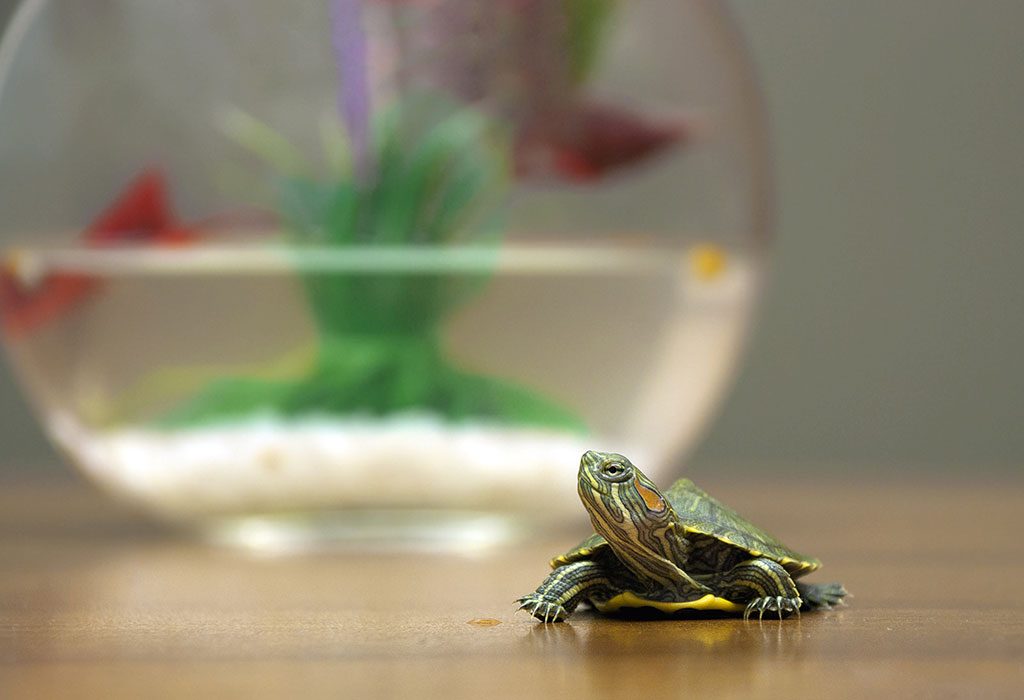
This pet may end up becoming the oldest member of your family, and also the wisest.
Advantages
Turtles are calm, gentle, and peaceful creatures. Children are known to be endlessly fascinated by them, and they often have long conversations with them since turtles can stay in one position for long durations.
Disadvantages
A turtle requires multiple environmental conditions to be appropriately set for its survival. Turtles also have a tremendous lifespan, so there’s a chance that your child will be taking care of it even when he’s in high school! If your child is less than five years old, avoid getting a turtle as it is known to spread salmonella.
Some tips to remember before getting a pet for your child:
- Always adopt. Buying a fancy breed is a bad idea because animals like dogs and cats are bred in inhumane conditions for money. While the thought of having a fancy, luxurious dog breed is exciting, adopting abandoned animals living in shelters and giving them a good life is a noble idea.
- Ensure that your child is serious about wanting a pet, because it is a long commitment.
- Read extensively about the pet you are about to adopt. Ask around and find people who have first-hand experience with the pet to know what you are in for.
- Establish ground rules in the house before the pet comes. Communicate to your little one that taking care of the pet will be a joint responsibility, and that he will also have to do his part and not leave it to someone else.
- Keep an eye out on good veterinarians around your home, in case of emergencies. Do the same for pet food supply stores.
- Lastly, be patient when taking care of your pet. It may take a while to adjust to this new being in the house, but it will surely be worth it.
Having pets can teach your kid a lot of things about life and about social interaction. Small pets for kids are easier to look after and your child can also learn to handle them the right way. Make an informed choice based on your preference and practicality, and your kid will have a companion they have so looked forward to.
Resources and References: Healthline, Caring for Kids








